WHAT IS YOUR CONCEPTION OF DEATH?/ ¿CUÁL ES TU CONCEPCIÓN DE LA MUERTE?/

This is not a normal publication, if you are in a difficult moment avoid reading this text. We are going to gut what death means according to my beliefs and go to the bottom of the abyss.
An uncomfortable topic, but a necessary one.
Note: this is just my opinion. I am not an expert on the subject nor do I claim to be.
Death is something we are not prepared for. It is more likely to suffer the death of someone dear to us than to use the Pythagorean theorem or the value of π, in our daily lives.
Esta no es una publicación normal, si estás en un momento difícil evita leer este texto. Vamos a destripar lo que significa la muerte según mis creencias y vamos a ir hasta el fondo del abismo.
Un tema incómodo, pero necesario.
Nota: esto es solo mi opinión. No soy experta en el tema ni pretendo serlo.
La muerte es algo para lo que no nos preparan. Es más probable sufrir la muerte de alguien querido que utilizar el teorema de Pitágoras o el valor de π, en nuestra vida diaria.
Today, I have come to tell you that sooner or later we are all going to die....
For many societies like ours, "Death" becomes a taboo subject either because of its negative connotation, the absence it leaves behind or its association with illness.
On a medical level, death is the cessation of vital functions. On a spiritual level it is the journey of the soul or essence to another plane.
There are many perceptions of death.

I believe that talking about death in a free, timely and early way helps us to overcome the stages of grief more "healthily."
Listening to a TED by Ignacio Torres at Paseo La Alameda made me click on a story of one of his patients. Francisco, a prostate cancer patient, who had decided not to mention the word "cancer" to avoid the suffering associated with it. His disease was already advanced and they concentrated on palliative care and spiritual accompaniment.
The most difficult thing for him was not the disease but the state of mind, the sadness and despair associated with it, not only for him but for all those close to him, dealing with such a transcendental subject as the end of human life.
When the time came, they took Francisco to his happy place, the patio of his house where he met with his friends.
They took the porcelain plates and broke them to release their tears, their rage and their emotions after a terribly painful situation. Soon after Francisco left, but it was lived with a completely different peace.
In many homes one avoids talking about death, illness, religion and sex. Some things happen when one avoids the subjects. Some people ignore it and think it will never touch us, until it comes to our door. Being healthy or young is no guarantee of anything.
Neither is money a life insurance, very useful, but not infallible.
Hoy, he venido a contarles que tarde o temprano todos vamos a morir…
Para muchas sociedades como la nuestra, “La muerte” pasa a ser un tema tabú bien sea por la connotación negativa, por la ausencia que deja o por la asociación a enfermedad.
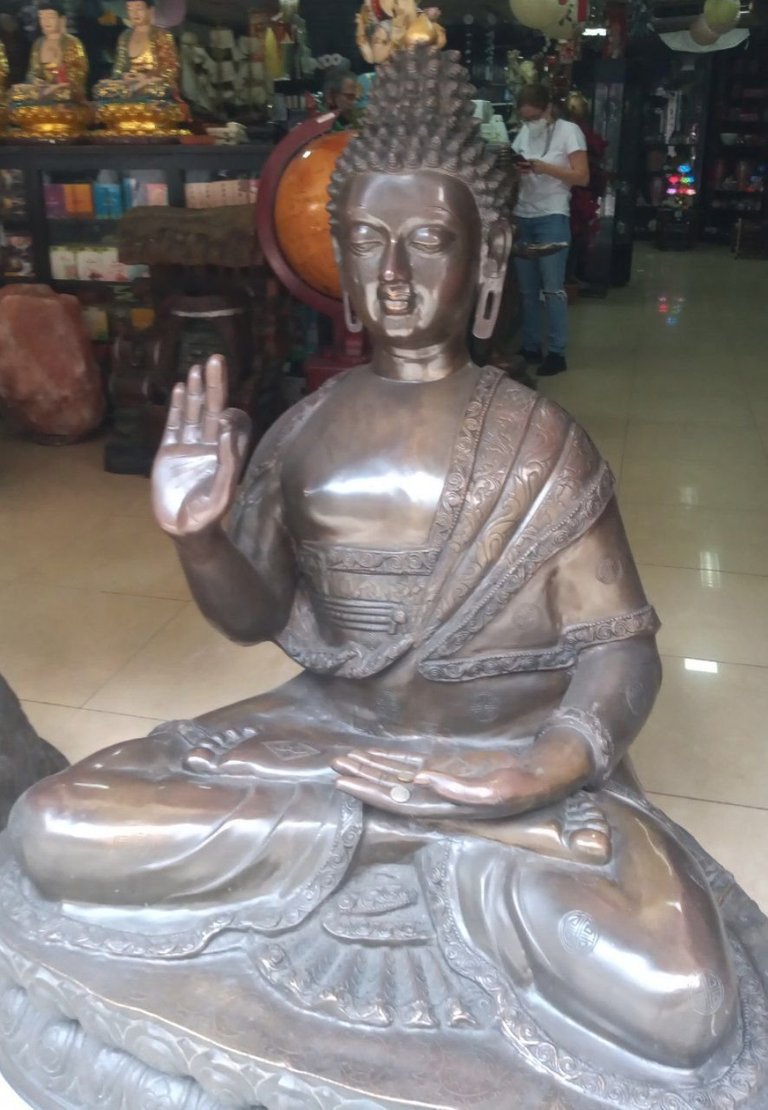
A nivel médico la muerte es el cese de las funciones vitales. A nivel espiritual es el viaje del alma o de la esencia a otro plano.
Existen muchas percepciones de la muerte.
Creo que hablar de la muerte de forma libre, oportuna y temprana nos ayuda a superar las etapas de duelo más “sanamente”
Escuchando un TED de Ignacio Torres en Paseo La Alameda me hizo click una historia de uno de sus pacientes. Francisco, paciente con Cáncer de próstata, quien había decidido no mencionar la palabra “cáncer” para evitar el sufrimiento asociado a ella. Su enfermedad ya estaba avanzada y se concentraron el los cuidados paliativos y en el acompañamiento desde lo espiritual.
Lo más difícil para él no fue la enfermedad sino el estado anímico, la tristeza y desesperanza asociada a esta, no solo para él sino para todos sus allegados, el tratar un tema tan trascendental como el cese de la vida humana.
Cuando llego el momento, llevaron a Francisco a su lugar feliz, el patio de su casa donde se reunía con sus amigos.
Tomaron los platos de porcelana y los rompieron para liberar su llanto, su rabia y sus emociones tras una situación terriblemente dolorosa. Al poco tiempo Francisco partió, pero se vivió con una paz completamente distinta.
En muchas casas se evita hablar de la muerte, de las enfermedades, de la religión y del sexo. Algunas cosas pasas cuando uno evita los temas. Algunos la ignoran y piensan que nunca nos va a tocar, hasta que llega a nuestra puerta. Ser sanos o jóvenes no es garantía de nada.
Tampoco el dinero es un seguro de vida, muy útil, mas no infalible.
DEATH COMES LIKE A THIEF IN THE MIDDLE OF THE NIGHT... EVERYTHING COMES BY SURPRISE AND WITHOUT PREPARATION.
Have you thought about what you want your funeral to be like? I hadn't until a few hours ago when a very close person passed away, who, although not a blood relative, always felt like one.
And yes, her death took me by surprise, like a bucket of cold water. Something you never talk about, something you never expect.
But what would she want for her farewell? I don't know.
Planning your wake, has a name "advance directives" and although for many it sounds gloomy, tragic or exaggerated, it can ease the tension of family members who are left behind and don't know what to do in the face of such a high emotional burden. It is a way that in the moment that we cannot make our own decisions, someone else can make them with greater security.
There is a correct way to talk about it, I don't know, but it is a way to respect the one who is leaving and to help those who are left behind to overcome it more healthily.
It is always necessary to treat them according to their age. Deceased people remain in the memories, where you can return to them as many times as you want.
The opposite of dying is not to live, but to be born, death is only a stage in our lives, that physical stage. It is only a continuation, perhaps when a person leaves, he/she is not really gone as long as he/she lives in our memory (sounds like the Disney phrase from the movie COCO).
Talking about death, maybe it helps us to live better. Some time ago I read a book by a palliative care nurse who interviewed several terminally ill patients who said that what they regretted most at the end of their lives was not having the courage to fulfill their dreams. They regretted more what they did not do than what they did do. "Flow" might be the right word for this experience. It's not just the pleasure, it's really the feeling.
Those emotional experiences are really what we remember in the end.
Whether there is a BEING, after death, I don't know. But being present in the present of life is the only thing we can do. Death is not an option, death will be at some point.
Grief is a loss and it feels as strong as losing an arm, a leg or something else. We can only live with the piece that is missing. Grief is an invisible wound. A wound that we carry, but it is not seen. There is no magic solution for it. There is no formula to get out of it but there are accompanying grounds for it.
Shakespeare said to give words to the pain,the pain that does not speak breaks the heart. Interpersonal communication can be a key resource to go through grief in a simpler way. Never easy, but less complicated and painful.
Now I wonder what values are necessary for you and what values you cannot tolerate at the end of life.
I could not tolerate not forgiving and not fighting hard enough for my dreams.
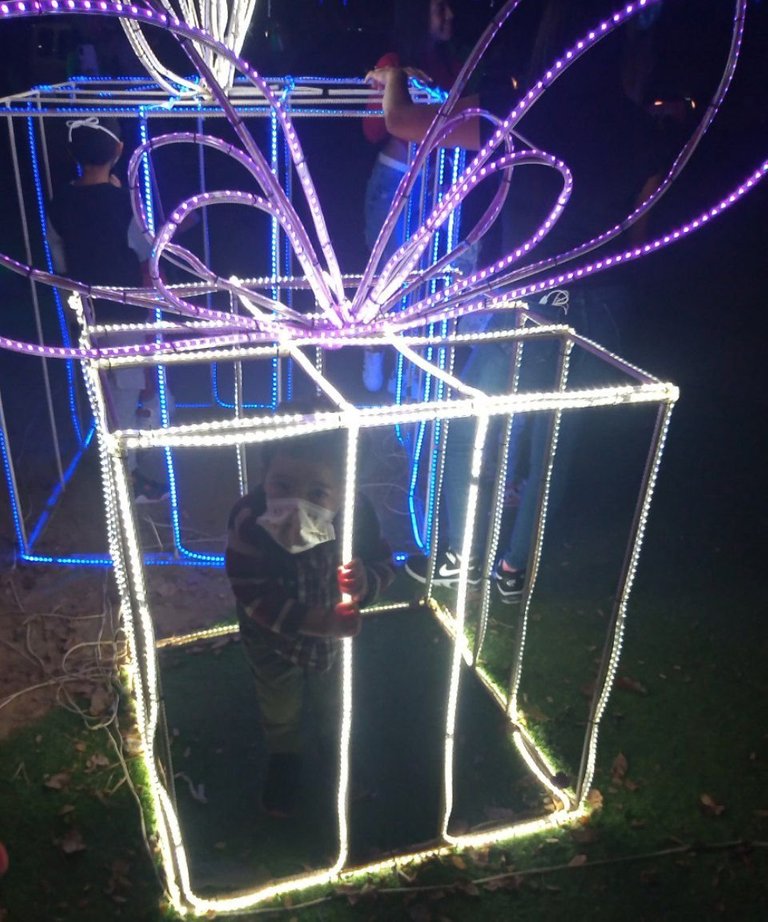
LA MUERTE LLEGA COMO UN LADRÓN EN MEDIO DE LA NOCHE… TODO LLEGA POR SORPRESA Y SIN PREPARACIÓN.

¿Ustedes han pensado como desean que sea su funeral? Yo no lo había hecho hasta hace unas horas que falleció una persona muy cercana, que, aunque no era familiar de sangre siempre se sintió como si lo fuera.
Y si, su muerte me tomo de sorpresa, como un balde agua fría. Algo que nunca se habla, algo que nunca se espera ¿Pero que quisiera ella para su despedida? No lo sé.
El planear tu velorio, tiene un nombre “voluntades anticipadas” y aunque para muchos suene tétrico, trágico o exagerado, puede aliviar la tensión de los familiares que se quedan y no saben qué hacer ante tan alta carga emocional. Es una forma de que en el momento que no podamos tomar decisiones propias, alguien pueda tomarlas con mayor seguridad.
Hay una forma correcta de hablarlo, no lo sé, pero sin duda hay que tocarlo, es una forma de respetar al que se va y de ayudar a los que quedan a superarlo más sanamente.
Siempre hay que tratarlo de acuerdo a su edad. Las personas fallecidas quedan en los recuerdos, donde puedes retomarlos cuantas veces quieras.
Lo contrario a morir no es vivir, sino nacer, la muerte es solo una etapa dentro de nuestras vidas, esa etapa física. Es solo una continuación, quizás cuando una persona se va, no se va realmente mientras viva en nuestra memoria (suena como la frase de Disney de la película COCO).
Hablar de la muerte, quizás nos ayude a vivir mejor. Hace tiempo leí un libro de una enfermera de cuidados paliativos quien entrevisto a varios enfermos terminales quienes contaban que de lo que más se arrepentían al final de la vida era el no tener el coraje de cumplir sus sueños. Se arrepentían mas de lo que no hicieron de que lo que hicieron. “Fluir” podría ser la palabra correcta para esta experiencia. No es solo el placer, es realmente el sentir. Esas experiencias emocionales son realmente las que recordamos al final.
Si hay un ESTAR, después de la muerte, no lo sé. Pero estar presente en el presente de la vida es lo único que podemos hacer. La muerte no es una opción, la muerte estará en algún momento.
El duelo es una perdida y se siente tan fuerte como perder un brazo, una pierna o algo más. Solo nos queda vivir con el pedazo que nos falta. El duelo es una herida invisible. Una herida que portamos, pero no se ve. No hay solución mágica para ello. No hay una fórmula para salir de él pero hay terrenos de acompañamiento para ello.
Shakespeare decía que le dieran palabras al dolor, que el dolor que no habla rompe el corazón. La comunicación interpersonal puede ser un recurso clave para transitar el duelo de una manera más sencilla. Nunca fácil, pero si menos complicada y dolorosa.
Ahora me pregunto qué valores son necesarios para ti y que valores no puedes tolerar al final de la vida.
Yo no podría tolerar el no perdonar y el no luchar lo suficientemente fuerte por mis sueños.
My strongest face-to-face encounter with Death
One of the strongest experiences I remember early in my medical career was telling a daughter that her mother had passed away, that she didn't make it. I remember the fear of not having the right words for her. Hard to get the words flowing at a time like that.
The first time you give this news, almost every doctor remembers it, because in medical school they teach you how to save, how to revive, how to sustain life. But they don't teach you what to do at the end.
Terminal illness does not depend on age, there are children, young people, adults and old people. Little is said about palliative care and accompaniment in death.
For lack of talking about this, many people suffer unjustifiably. The pain does not let you sleep, thinking with great uncertainty that sometimes mistreats more than the real symptoms of the disease.
A large part of us physicians shy away from this subject because we have been taught that it is part of a failure, we have been inculcated it as a mistake or a failure to do enough.
If we honor births, marriages, birthdays, why don't we honor death? That it is the end of a story, the closing of a cycle. The end of the movie. And no, I am not romanticizing it, I am pointing out the lack of real accompaniment that exists in our society "when the time comes".
My maternal family was from a town in the Venezuelan plains, more specifically, Barinas, and there they hired "mourners" for the wakes, can you believe them? People who mourn a dead person they don't know for money. Yes, it sounds surreal, but it still exists, as strange as it may seem. We have threaded death throughout the years with pain, with sadness and the more you suffer the more you loved her, how much lie there is in it.
Emotions do not have a counter, they do not have a this is right or this is wrong. But they do have a way of regulating themselves, a way of being carried in a more appropriate way.
If we change the way we face it, it changes the way we live it and perceive it when it arrives.
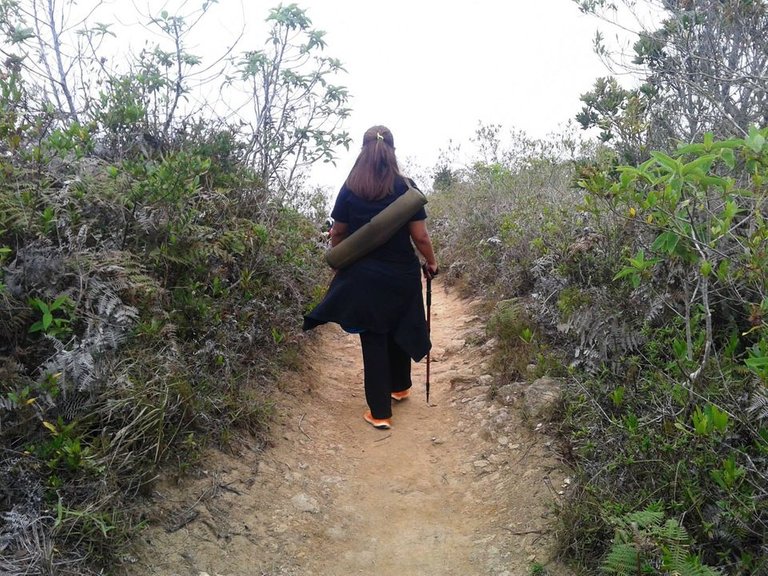
Mi encuentro más fuerte con la Muerte cara a cara
Una de las experiencias mas fuertes que recuerdo en el inicio de mi carrera médica fue decirle a una hija que su madre había fallecido, que no lo logró. Recuerdo el miedo de no tener las palabras adecuadas para ella. Difícil que el verbo fluya en un momento como ese.
La primera vez que das esta noticia, casi todos los médicos lo recuerdan, porque en la facultad te enseñan a salvar, a revivir a mantener la vida. Pero no te enseñan que hacer al final.
La enfermedad terminal no depende de los años, hay niños, jóvenes, adultos y viejitos. Poco se habla de los cuidados paliativos y el acompañamiento en la muerte.
Por falta de hablar de esto, muchas personas sufren injustificadamente. El dolor no te deja dormir, pensar con gran incertidumbre que a veces maltrata más que los síntomas reales de la enfermedad.
Una gran parte de los médicos huimos de este tema porque nos han enseñado que es parte de un fracaso, nos lo han inculcado como un error o una falta de no hacer lo suficiente.
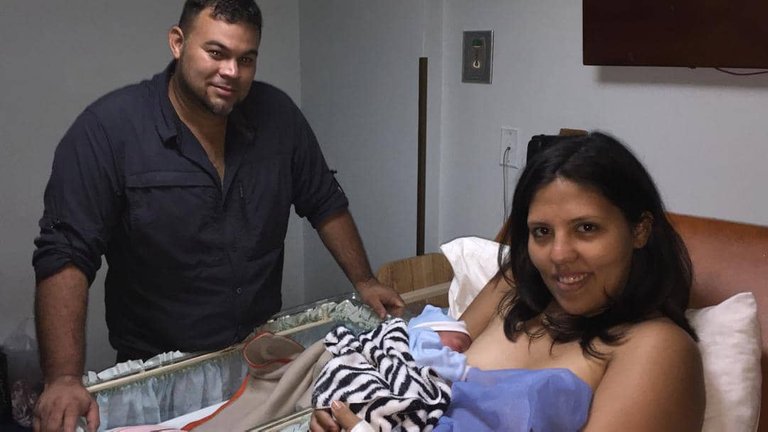
Si honramos los nacimientos, los matrimonios, los cumpleaños ¿Por qué no honramos la muerte? Que es el fin de una historia, el cierre de un ciclo. El final de la película. Y no, no lo estoy romantizamos estoy señalando la falta de acompañamiento real que existe en nuestra sociedad “cuando llega el momento”.
Mi familia materna era de un pueblo en los llanos venezolanos, más específicamente, Barinas y allí se contrataban “lloradoras” para los velorios ¿Pueden creerlos? Gente que llora a un muerto que no conoce por dinero. Si, suena surrealista, pero sigue existiendo, por extraño que parezca. La muerte la hemos hilvanado a lo largo de los años con el dolor, con la tristeza y mientras “más sufres es porque más la quisiste,” cuanta mentira hay en ello. Las emociones no tienen un contador, no tienen un esto está bien o esto está mal. Pero si tienen una forma de regularse una forma de llevarse de forma más adecuada.
Si cambiamos la forma de enfrentarnos a ella cambia la forma en la que la vivimos y percibimos cuando llegue.
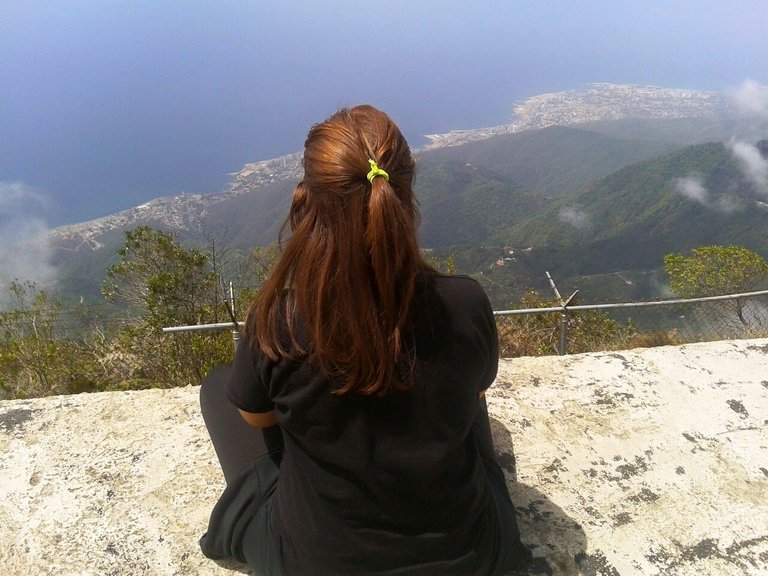
Translated with www.DeepL.com/Translator (free version)
Imagenes propias tomadas con Celular Motorola Q y extraídas de mis redes sociales
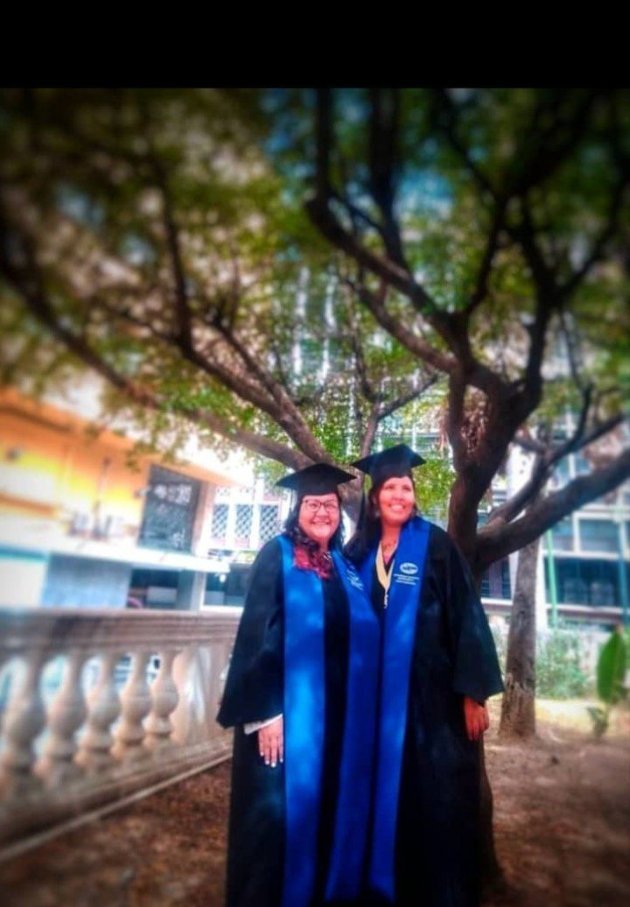
Esta publicación fue producto de reflexión que generó la rápida partida de una amiga que se fue muy temprano.
This publication was the product of reflection that generated the quick departure of a friend who left very early.
Así es, la muerte es algo para lo que no nos preparan, pero tampoco nosotros nos preparamos, y menos nos preparamos para las muertes inesperadas …
Un tema muy bueno y oportuno, sobre todo cuando ya no tenemos a ese ser querido, quien ha alimentado nuestra propia existencia…
Me gustaron tus opiniones allí expresadas y las fotos con que las acompañaste. Te abrazo y te felicito por las palabras expresadas.
Un tema que no está en ninguno de los planes de estudios, con excepción de aquellos que conciernen a la psicología, a la psiquiatría o a la filosofía y aún así, no llega a todo mundo…
Escrito que, que por demás, también es un homenaje para Mary, quien desde ese recuerdo amoroso quedará en el alma de quienes la conocimos.
profe que bueno tenerla por acá =) bienvenida a hive
Así conceptualmente estemos preparados , emocionalmente algo se vacía.
Por eso no hay que pensar en ella, sino disfrutar de quienes nos rodean mientras están con nosotros.
Saludos
Excelente siempre hay que disfrutar de la vida =)